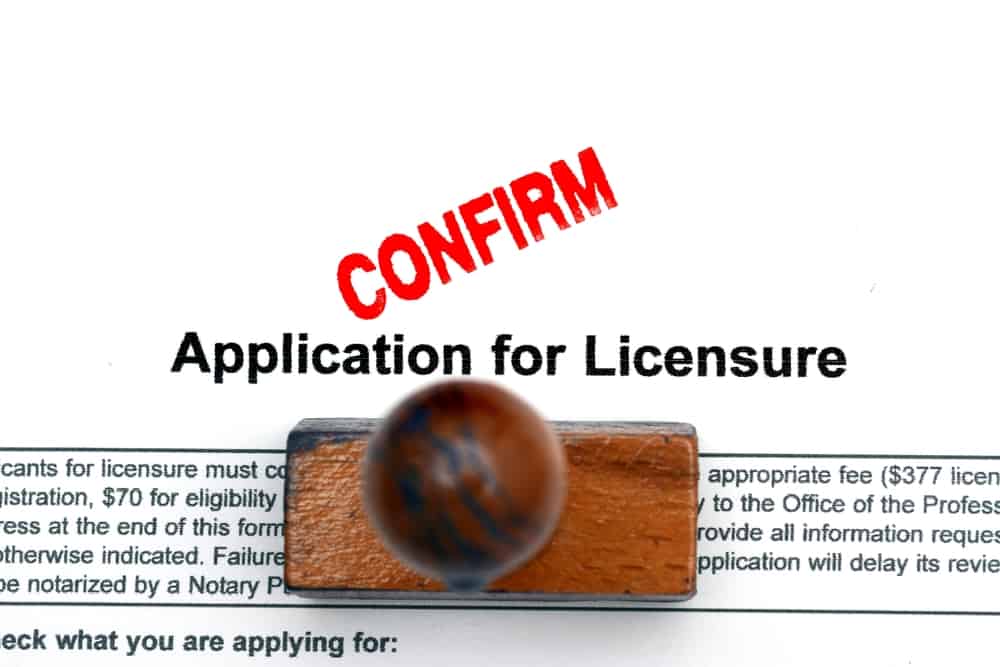A void has formed in your life from the vacancy of having your loved one no longer there, and it’s very easy to let the sorrow fill your senses to the point that you feel you may never recover. But, unfortunately, there are things that need to be handled and it may be up to you to ensure that they are met and that final wishes are respected. If you have been given this task, then there are some legal things you should know as you begin.
1- Make Sure You Have the Authority to Make the Decisions
The first thing you need to look at is any paperwork that may be pertaining to the rights of authority. There are legal documents that can be filled out prior to a person’s passing to ensure the person you trust to fulfill your final wishes can do so. Having a Durable Power of Attorney for Health Care (DPOAHC) filled out will make sure they are covered. Without it, the standard rule is the “next of kin” who you will have all responsibility thrust upon them.
2- Look at Local Laws for Body Disposition
Most states will honor the wishes of a person who has just died, but there are a few states in which they will over-turn their wishes in the case of cremation. Be sure to look up the laws in your area to ensure that the wishes you have can be met and that there will not be any interference from any outside sources.
3- Write Down Your Final Wishes
If you are already thinking about the end of your life and do not wish for your loved ones to have to be bombarded with funeral arrangement decisions as they are grieving, you can go ahead and lay out what you want done before your time has come. Make sure to write up a document that you both will sign and have it notarized to give it some legal standing.
4- Save Now, Pay Later
No matter which you choose, dealing with the physical remains of a person who has died is costly. Instead of expecting your loved ones to take on the financial burden of this, start a savings account and put in it any spare money that you have. The occasional dollar placed in the account will help in the long run as the interest on the account will compound and add even more to your beginning funds.
5- Preparing for the Next Step
Once a person has been put into the ground doesn’t necessarily mean that the duties of the person assigned to handle your remains is through. They are the ones who will have to select what to do with any flowers and other arrangements done in your name. There is also picking out a marker and styling in a way that fits with your personality. Finally, there are arrangements need to be made for maintaining the grave and ensuring it doesn’t fade into obscurity. Make sure to discuss these areas as well and attach them to any legal documents you make to help.



